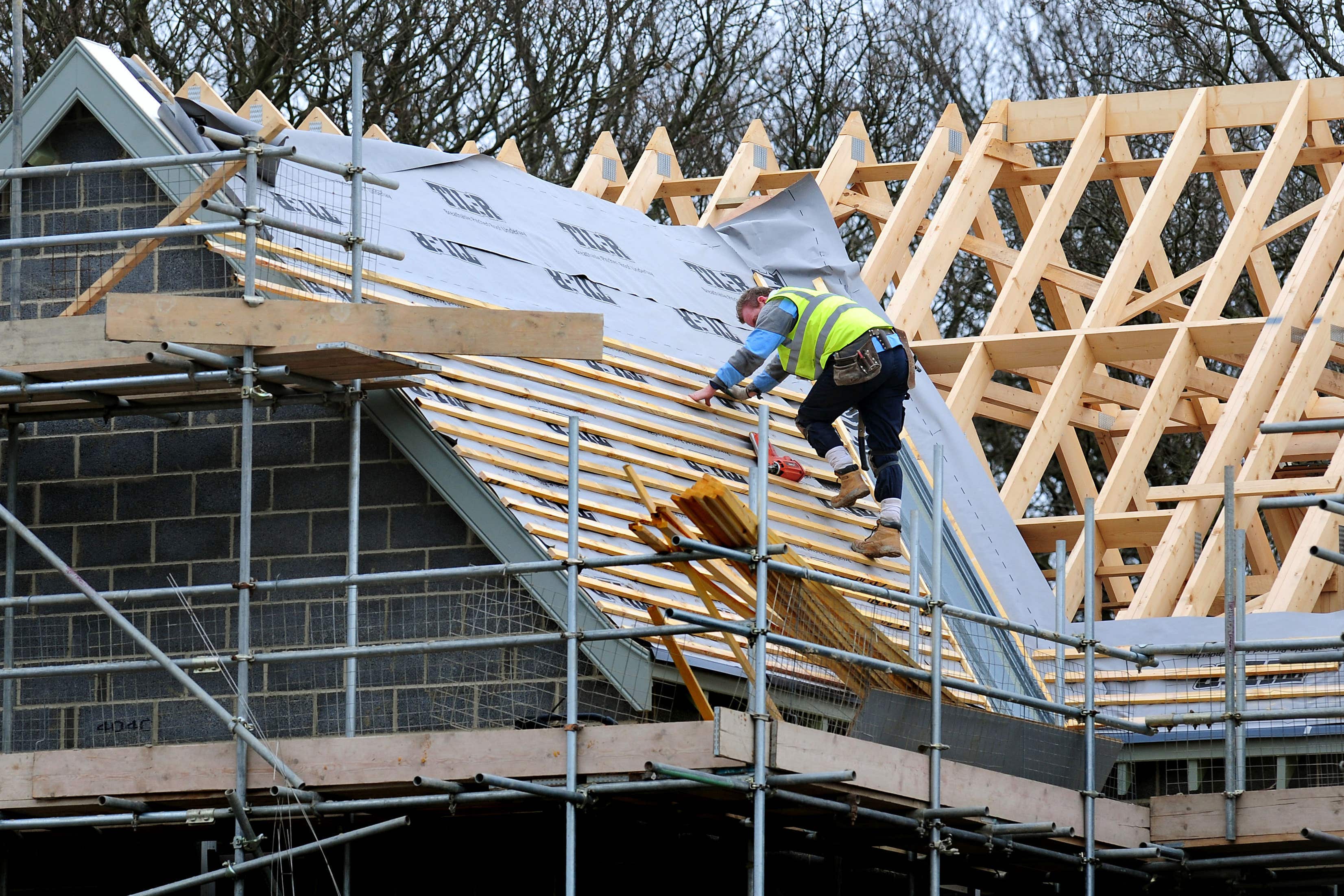Sunak warned Tories face existential threat over housebuilding failures
The PM faced a rebellion from Conservative MPs over a building target.

Your support helps us to tell the story
From reproductive rights to climate change to Big Tech, The Independent is on the ground when the story is developing. Whether it's investigating the financials of Elon Musk's pro-Trump PAC or producing our latest documentary, 'The A Word', which shines a light on the American women fighting for reproductive rights, we know how important it is to parse out the facts from the messaging.
At such a critical moment in US history, we need reporters on the ground. Your donation allows us to keep sending journalists to speak to both sides of the story.
The Independent is trusted by Americans across the entire political spectrum. And unlike many other quality news outlets, we choose not to lock Americans out of our reporting and analysis with paywalls. We believe quality journalism should be available to everyone, paid for by those who can afford it.
Your support makes all the difference.Rishi Sunak was warned by a senior Tory that failing to build new homes is an existential threat for the Conservatives after rebels forced him to delay planning reforms.
Former Cabinet minister Simon Clarke said the party’s vote could collapse if the Government does not help people onto the housing ladder with a building spree.
Chancellor Jeremy Hunt acknowledged the difficulties faced by people trying to buy their first home and said planning rules often set “local communities against the national need to build more houses”.
The Prime Minister pulled a vote on legislation that would set a target of building 300,000 homes per year when dozens of Tories threatened to rebel.
Downing Street insisted it stands by the manifesto commitment but appeared to concede it would be missed, as it sought to blame the coronavirus pandemic.
Mr Clarke, a former levelling up secretary, said: “If you want to see what the future of the Conservatives is when we don’t build homes, look at London.
“Our collapsing vote in the capital is at least in part because you can’t make the case for popular Conservatism if you can’t afford to buy, or even rent.
“The flip side, why can we win in areas like Teesside? It’s at least in part because if you are a nurse or a teacher, you can still afford a proper family home. This isn’t rocket science – it’s economics and politics 101.”
Mr Sunak suffered a blow to his authority on Tuesday when the Government put off a vote expected on Monday after nearly 50 of his MPs signed an amendment.
The proposed changes to the flagship Levelling Up Bill would ban councils from taking centrally set housebuilding targets into account when deciding on planning applications.
Mr Clarke told LBC the amendment risks “kiboshing” housebuilding efforts.
“We’re roughly at a position now where we build about a quarter of a million new homes a year against our target of 300,000,” he said.
“The risk is that this amendment, which is well intentioned I’m sure, and reflects the honest pressures which exist in certain parts of the country around new homes, risks absolutely kiboshing that.
“We’ve got independent estimates that it could kill up to 100,000 of those new starts… take us back down to 140,000 odd per year.
“That will be a disaster economically, it will be wrong socially, because young people won’t be able to afford new homes.”
The 2019 Tory manifesto set a target of building 300,000 homes a year by the mid-2020s.
The Prime Minister’s official spokesman said: “That commitment remains. When it comes to housing, we want to build more homes in the right places, we are committed to that goal, which is by the mid-2020s.
“We recognise that coming out of the pandemic that is a more challenging situation but we remain committed to that.”
Mr Hunt told MPs on the Treasury Committee: “We are very aware of the difficulty that young people have getting on to the housing ladder and we are also very aware of shortcomings in the planning system.
“The root problem that I, as Chancellor, have to look at is the way that incentives are not aligned across the planning system.
“We do need to ask ourselves why it is that the way our planning rules work often sets local communities against the national need to build more houses and how we can improve that.
“That’s certainly something that I will be looking at.”